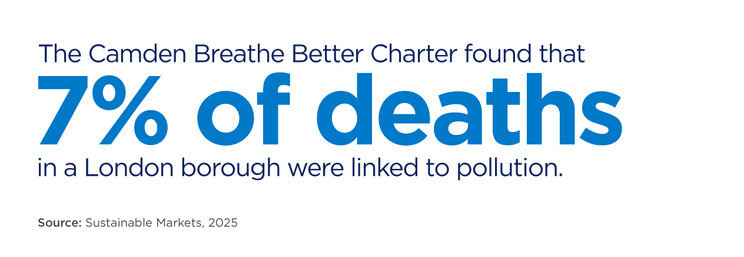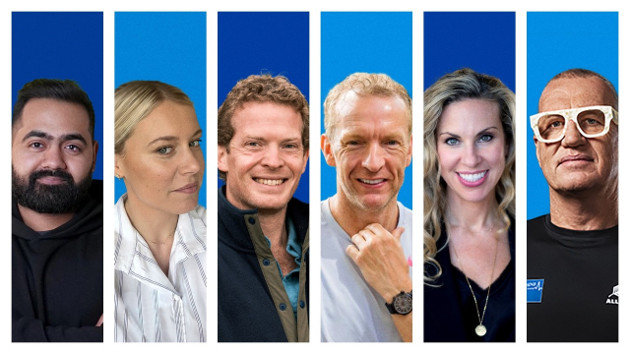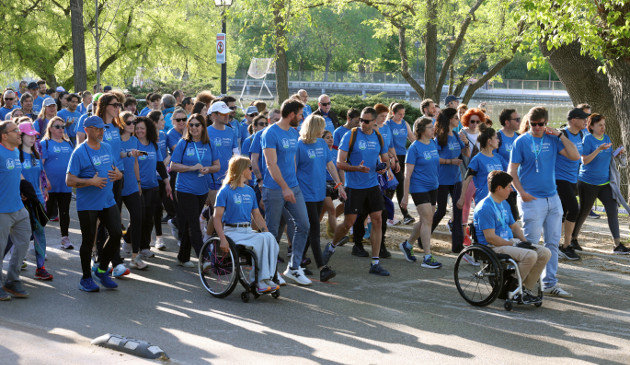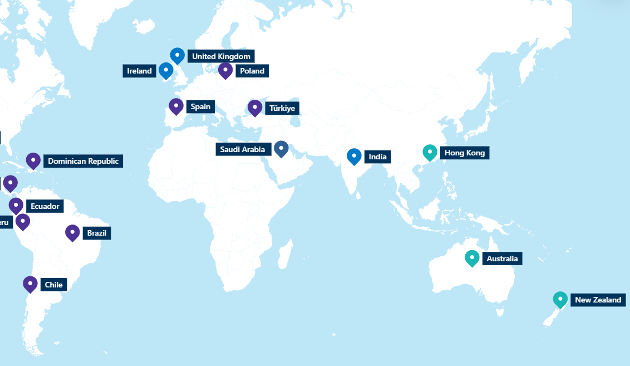We often think of health in terms of symptoms and treatments, but that’s just part of the picture.
Health is defined by more than just clinical care. It is shaped by the interplay of three main factors: who we are (our biology and genetics), how we live (our behaviours and daily lives) and where we live (our environments and communities).
To transition towards personalised and preventative care that better supports our health, we need to explore each in turn and understand how they interact.
Who we are – our biology and genetics
Genomics is the study of our complete DNA, and has the potential to provide powerful insights into our health. By studying how our genes work together and influence disease risk and medication response, genomics can give us foresight that wasn’t possible before. As understanding grows, so does the ability to act earlier: anticipating illness rather than just treating it.
Bupa’s My Genomic Health programme is one example of how we can unlock more targeted prevention and personalised strategies. Using whole genome sequencing, the programme is in the midst of analysing the DNA of over 14,000 people across the UK, Spain and Poland, uncovering hidden health risks and helping participants take early preventative action.
Building on strong customer demand, we’re expanding our genomic healthcare offering and aiming to deliver over 250,000 genomic tests by the end of 2027.

Combined with biological data from wearables and digital platforms, genomics can give both clinicians and individuals a clearer, more tailored picture of health. But for insight to make a genuine difference, we need to use it to design care that is aligned with how we live day-to-day.
How we live – our behaviours and daily lives
Turning insight into action means designing interventions that connect people to the right support at the right time. Healthcare must be responsive and compassionate, and reflect how people actually live.
Mental health support is a clear example. Our mental wellbeing is influenced by several factors such as the daily pressures we face, our relationships, the support we have and whether we feel able to speak openly. We need to remove the barriers to seeking help and offer support that feels relevant and accessible to people.
Encouraging conversations about health is another way to challenge stigma, encourage openness and normalise day-to-day support. Bupa’s Health Stories movement is doing exactly that – helping people have open conversations about health as an everyday part of life.
Yet even with support, our wellbeing can be undermined – or strengthened – by the places we live.
Where we live – our environments and communities
Our surroundings can impact our health as much as our biology and daily lives. Green space, clean air, housing and transport are not just infrastructure issues – they are health issues. The design of our cities, homes and public spaces has a direct impact on how well we live, how connected we feel and how long we stay healthy.
The impact of climate change is making urban health a growing focus, with rising temperatures and pollution impacting the most vulnerable communities. Addressing this means going beyond traditional healthcare and collaborating with city planners, architects, environmental experts, businesses and communities to create places that actively promote wellbeing.
The Camden Breathe Better Charter is showing what can be done if we join forces and collectively take action. This multi-sector partnership is tackling air pollution in a London borough where asthma admissions are four times higher than average and 7% of deaths are linked to pollution.

Transforming healthcare based on biology, behaviours and environments will require collaboration across science, medicine, architecture and communities.
Looking ahead – integration and action
Health is shaped by who we are at a genetic level, how we live day-to-day and the environments we move through. Each of these areas offers unique opportunities – but none can be tackled in isolation.
The Bupa Symposium 2025 will bring together leading voices from science, medicine, architecture and mental health to explore these themes in depth. Speakers include:
- Dr Mike Murray, a leader in population-scale genomics at Mount Sinai
- Dr Susan Thomas, the Clinical Director for Google Health
- Alice Aedy, campaigner for climate change and filmmaker
- Lord Norman Foster, architect and champion for healthy, sustainable cities
Together, we’ll look at healthcare in focus and how to build a future where health is personal, proactive and shaped by the world around us.

Join us virtually on 15 October:



